When planning a large-scale road project, one of the first questions contractors ask is whether their chosen asphalt plants for sale can keep up with the required schedule. A 500,000-ton highway job is no small task, and time pressure is often intense. Many project owners and contractors want to know: can a 120 TPH asphalt mixing plant realistically deliver that volume within 12 months? Let’s break it down step by step and analyze what it means for your project.
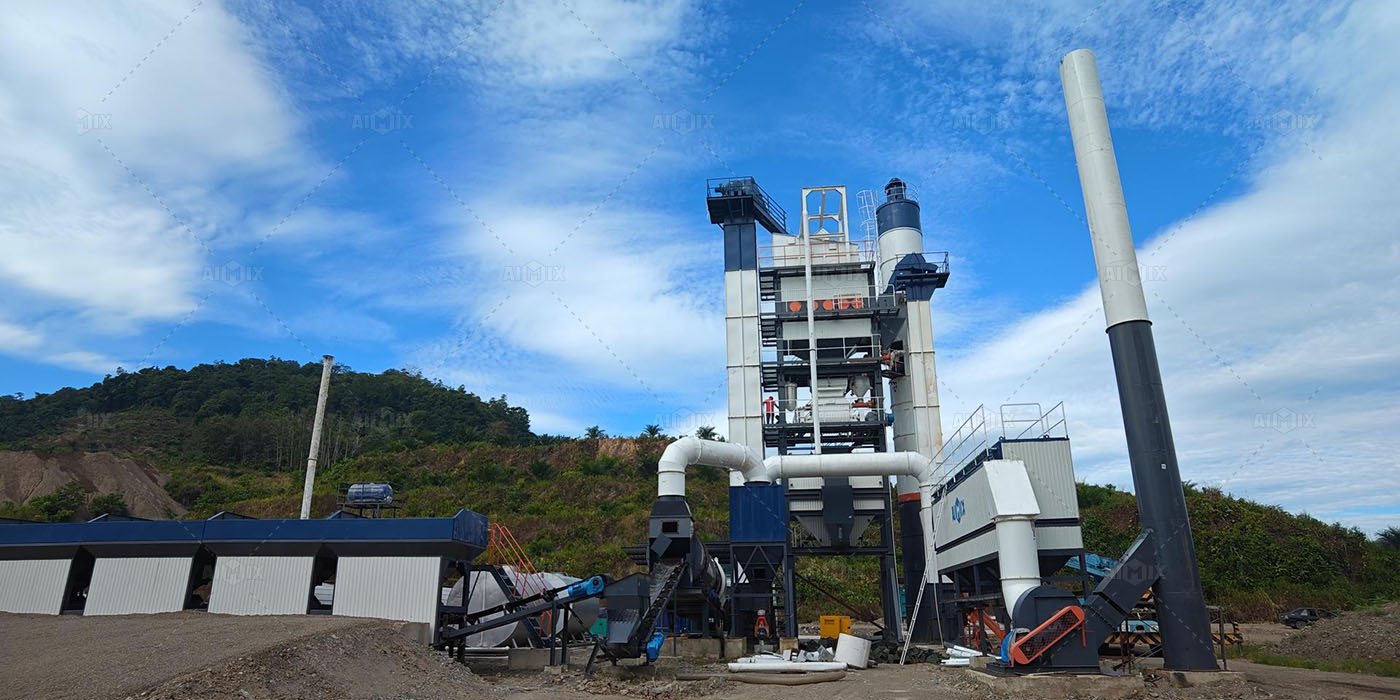
Understanding the Capacity of a 120 TPH Asphalt Plant
A 120 TPH asphalt mixing plant Indonesia means it can produce 120 tons of asphalt per hour under standard conditions. However, in real project execution, the output depends on working hours, daily shifts, material quality, and operator efficiency. If you calculate based on ideal operation, the numbers look promising. Yet, we must also consider downtime, maintenance, and real-world conditions.
Daily and Monthly Production Estimates
Let’s assume the plant runs at 120 tons per hour:
- 8 hours per day: 960 tons per day
- 22 working days per month: about 21,120 tons per month
- 12 months total: about 253,440 tons per year
Clearly, this is only about half of the 500,000-ton requirement. So, does that mean it’s impossible? Not at all. The key is optimizing shifts and runtime.
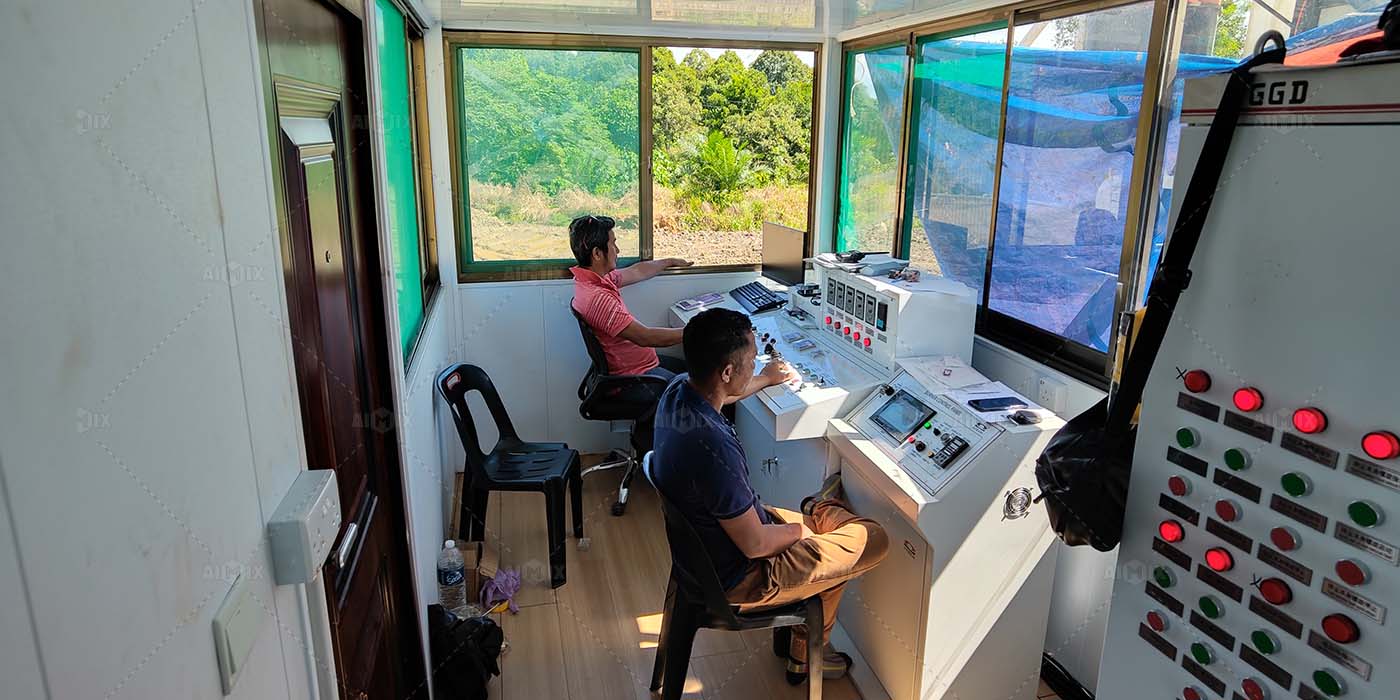
How to Reach 500,000 Tons in 12 Months
To achieve 500,000 tons within 12 months, contractors need to maximize plant utilization. A single 8-hour shift won’t be enough. By adding shifts, production can increase significantly. The project schedule must match plant performance.
Scenario with Extended Working Hours
If the plant runs for 16 hours per day instead of 8, the numbers change drastically:
- 16 hours × 120 tons = 1,920 tons per day
- 22 days per month = about 42,240 tons per month
- 12 months total = about 506,880 tons per year
This means that with two shifts per day, hma plants can fully meet the 500,000-ton target within the one-year deadline. Proper planning and skilled operation make this achievable.
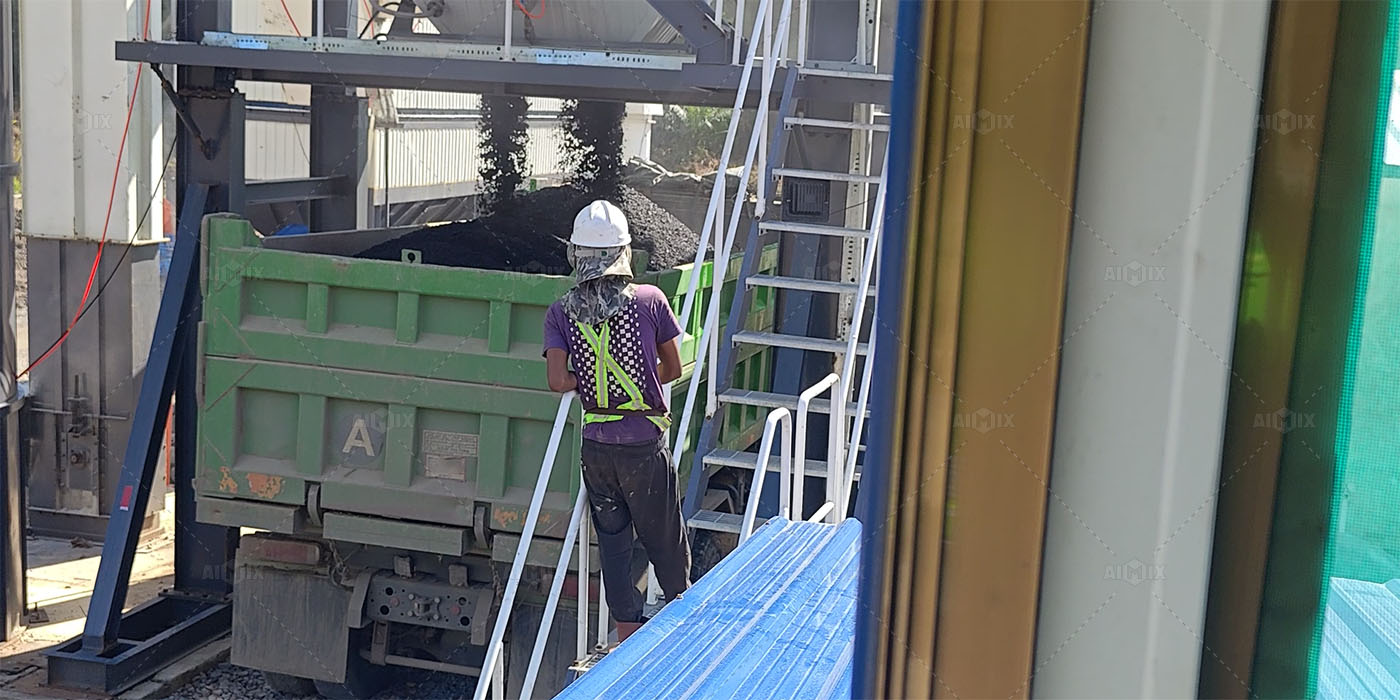
Factors That Affect Real Output
Of course, theoretical numbers alone are not enough. Real-world conditions matter. Contractors should always plan for efficiency losses. Several factors play a role:
- Maintenance downtime: Regular servicing keeps the plant running reliably but reduces output hours.
- Weather conditions: Heavy rains or extreme heat may temporarily stop production.
- Material supply: Consistent aggregate and bitumen supply is critical.
- Operator skill: Experienced staff improve mixing quality and minimize delays.
Because of these variables, project managers should add a safety margin when calculating production capacity. Running with two shifts ensures that even with downtime, the 500,000-ton goal remains within reach.
Why Choosing the Right Asphalt Plant Matters
The question is not only about “can it be done” but also about “how efficiently can it be done.” A modern 120 TPH stationary asphalt mixing plant with reliable automation, efficient fuel use, and stable mixing performance helps contractors stay on schedule. Choosing the right configuration from the start saves both time and money during execution. Moreover, the plant’s mobility and installation speed also impact how quickly production can begin.
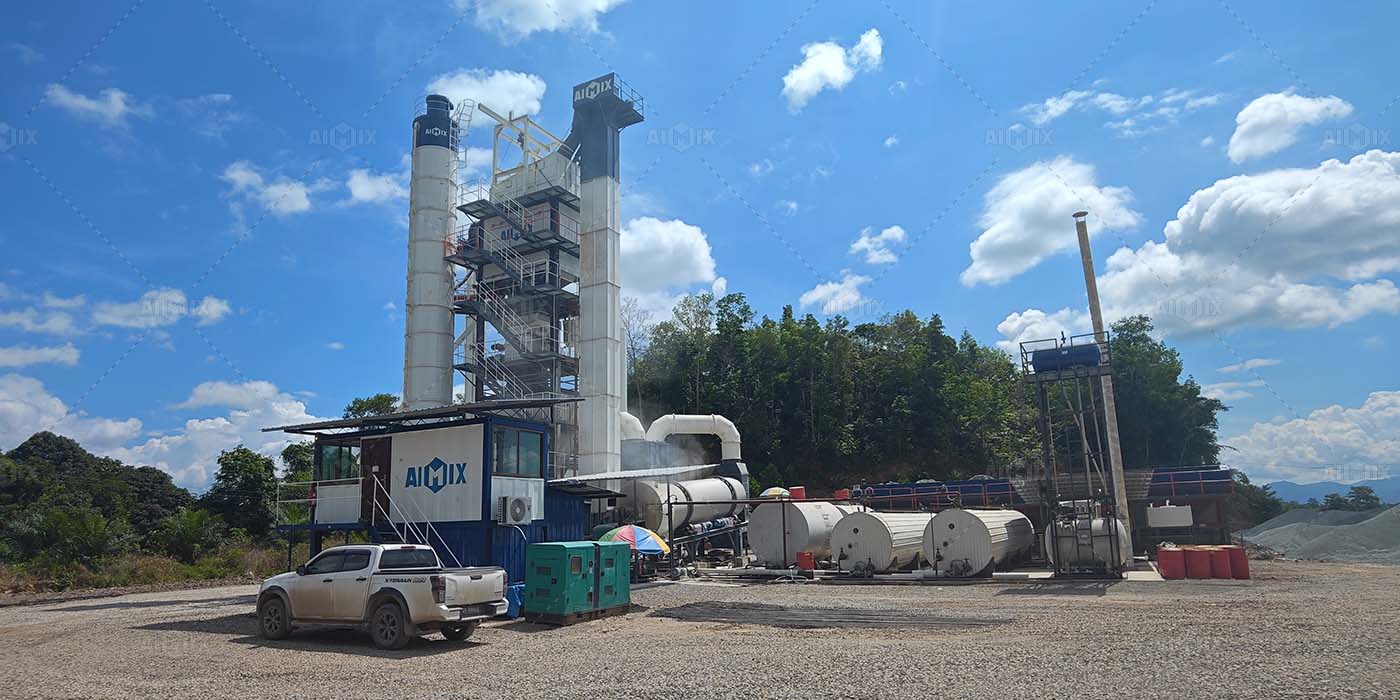
Practical Takeaways for Contractors
For a 500,000-ton highway project within 12 months, a 120 TPH asphalt plant is capable if:
- You plan for two shifts per day (16 hours operation).
- You ensure stable supply of raw materials.
- You prepare for weather and maintenance interruptions.
- You have trained operators for smooth production.
With these strategies, you can maintain steady asphalt production and meet your project deadline without unnecessary stress.
Partner with a Reliable Supplier
Every highway project comes with pressure, but the right equipment can make the process smoother. A 120 TPH asphalt plant is a smart investment if your projects often demand both high volume and steady output. Our team provides not only asphalt plants but also installation, training, and long-term service support. With our local offices and engineers in Indonesia, we help you keep projects on track from day one. If you are planning a highway, bridge, or city road project, now is the time to secure the right equipment.
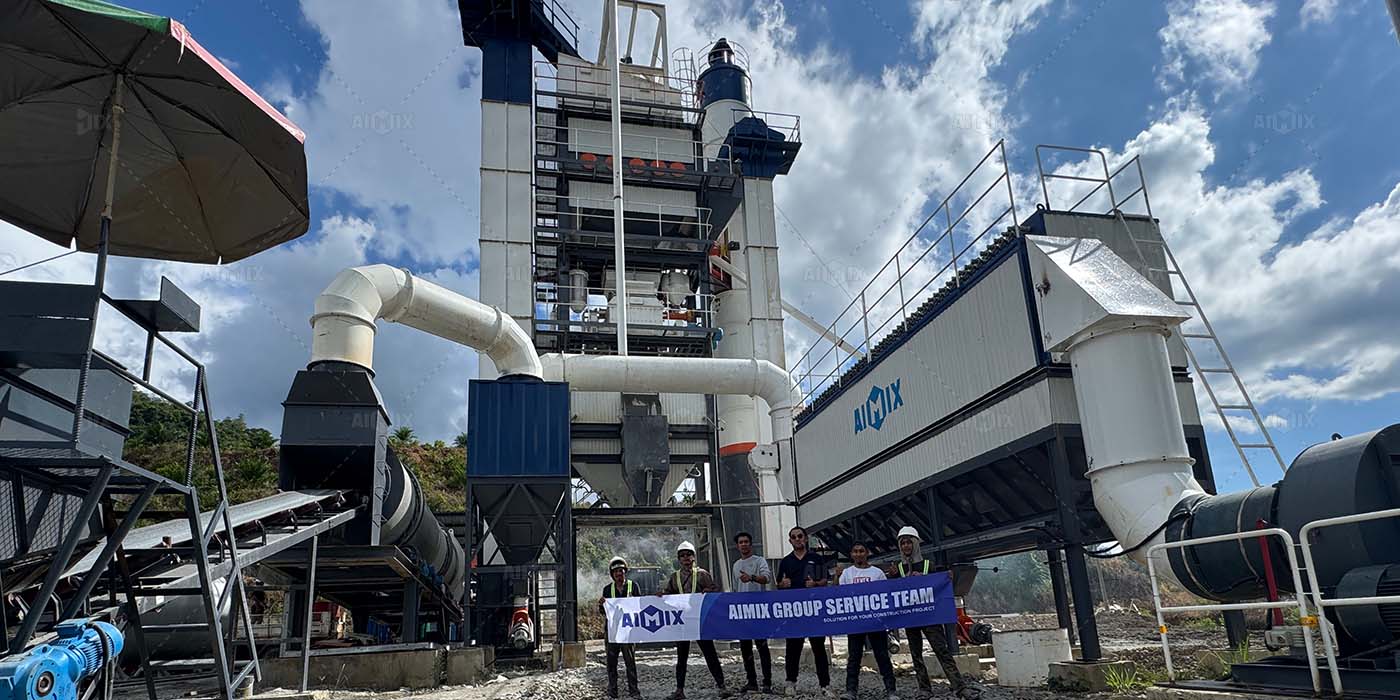
Conclusion
So, can a 120 TPH asphalt plant finish a 500,000-ton highway job within 12 months? The answer is yes—if you plan properly and run the plant for extended hours. By combining efficient production schedules, skilled operators, and reliable plant technology, you can hit your target and deliver on time. Ready to discuss your project needs? Contact us today to explore how our asphalt plants can support your next big job.